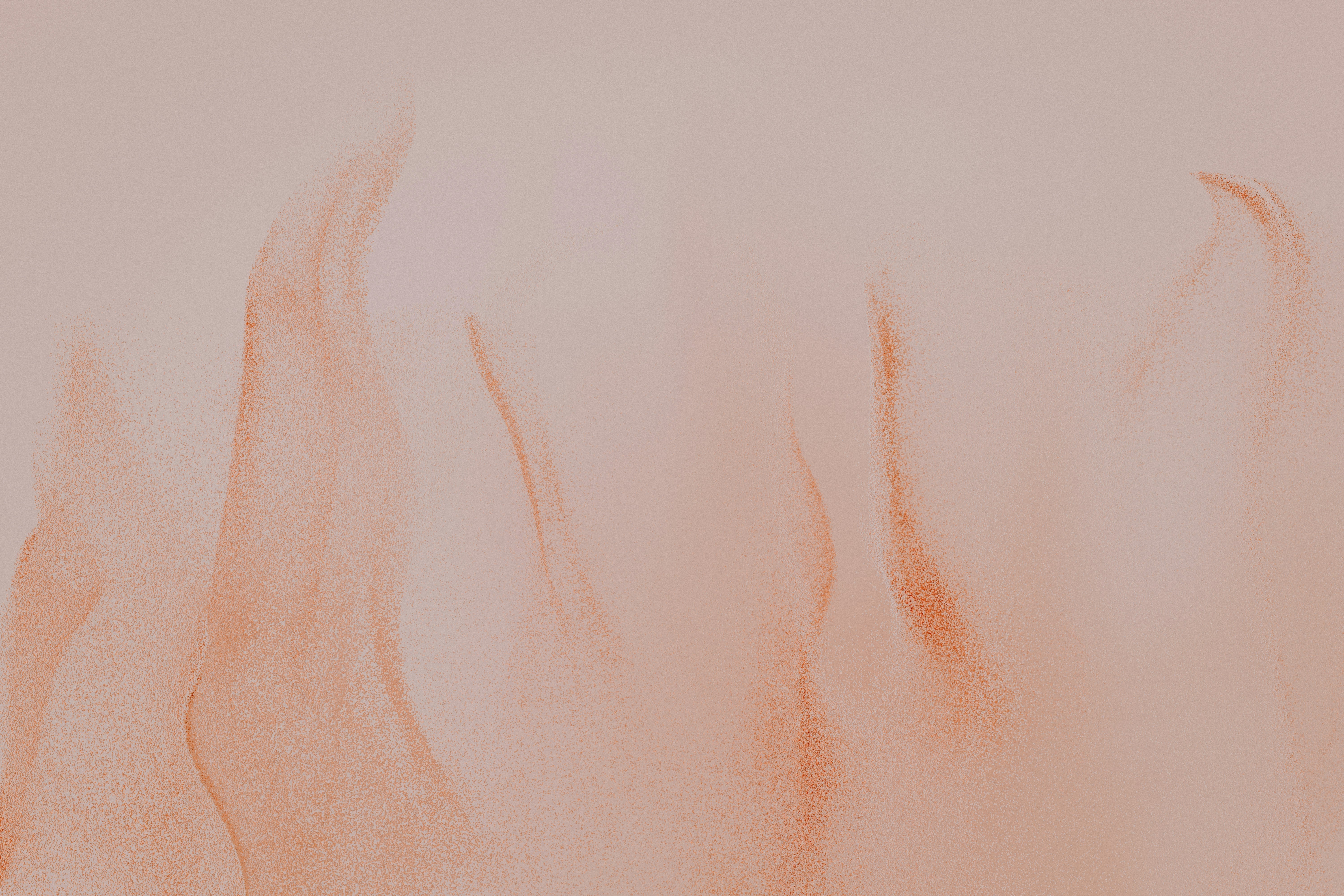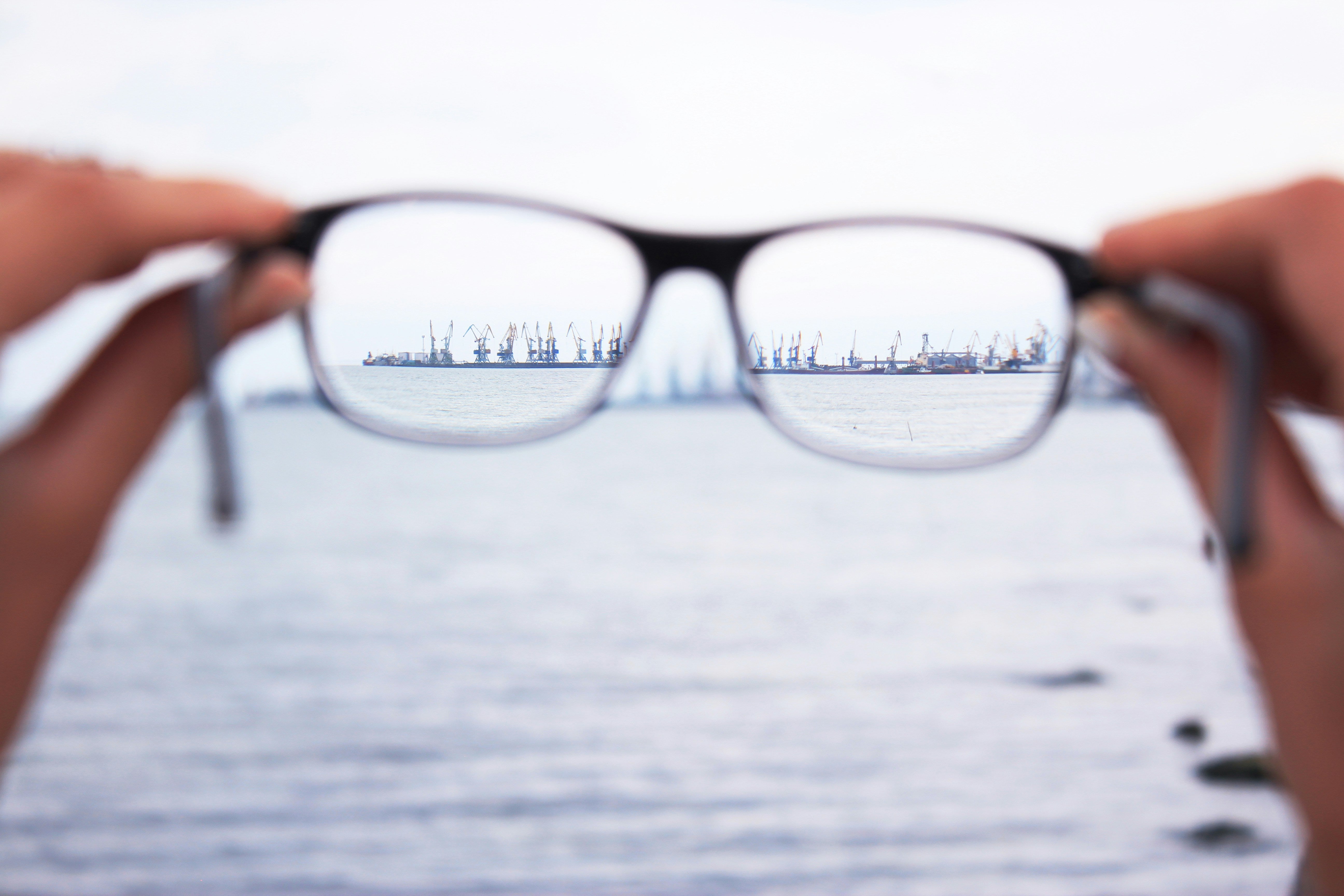Blood from a young mouse given to an old mouse makes the old mouse younger? I first heard of this idea from a 2015 Nature article where the old and young mice had a layer of skin removed, then their exposed tissue was joined, and within a week or two they were sharing blood. Observationally, the skin and hair of the old mouse reverted to looking younger.
While the paper made observations and not conclusions, a 2020 research study out of Berkley that looked at therapeutic plasma exchange (TPE) between old (22-24 months) and young (2-4 months) mice seemed to show a systemic molecular resetting. This resetting was demonstrated by elevated protein levels the levels which indicated an increase in tissue maintenance and repair, as well as an improved immune response from just one TPE.
The same Berkely researchers published a paper last month (August 2022). The hypothesis of this research was that “human aging is driven by age-imposed systemic molecular excess, the attenuation of which reverses biological age.” In this study, like the others, the plasma was extracted. Unlike the other studies, the subjects were humans, not mice and young blood not given. Instead, the red and white cells were returned, along with some purified albumen. In this scenario, anti-aging results were still seen.
This is significant because it shows that plasma dilution, not blood from the young, is the cause of the age reversal. Their research specifically found that the dilution of a protein called TLR4 (toll-like receptor 4) was responsible for the observed improvements. Remember TLR4. If you haven’t heard about this protein, you likely will hear more about it in the future!
With plasmapheresis centers in most cities, this potential anti-aging hack could potentially be accessible to most of us. I have one center in Charlottesville and several nearby in Richmond, I’m going to be checking in on more of the details.







2 Comment
Yes! Where can you get this done or for that matter, mimic the procedure somehow? Seems like a tittered IV might do the trick. But what would be the cocktail?!
What are the plasmapheresis centers presently set up in communities for? Are these procedures done only on an ordered by a physician basis? If not, is there a way to tell if the center is good, or reputable? I’m not certain we have this available in Maine🧐